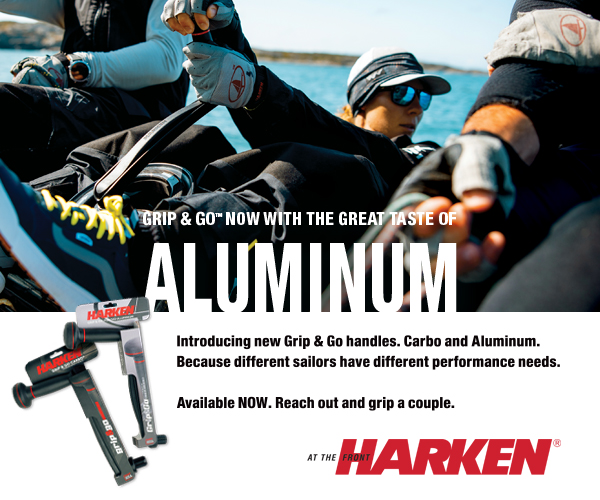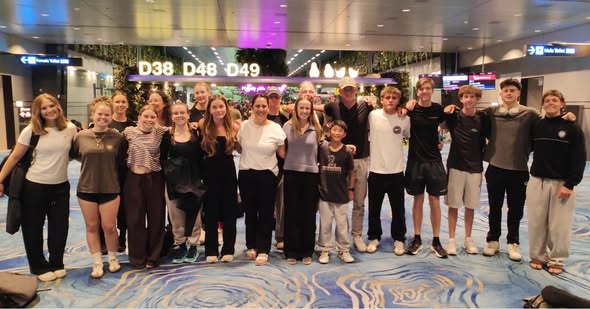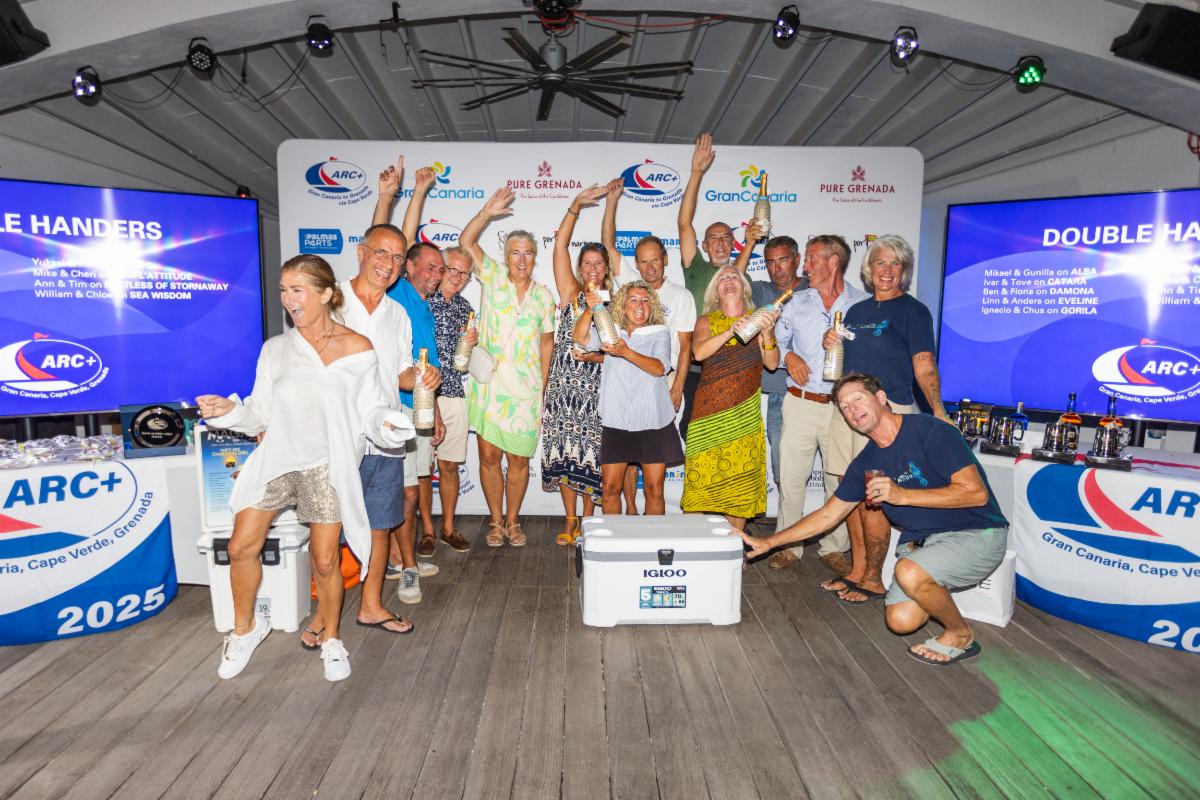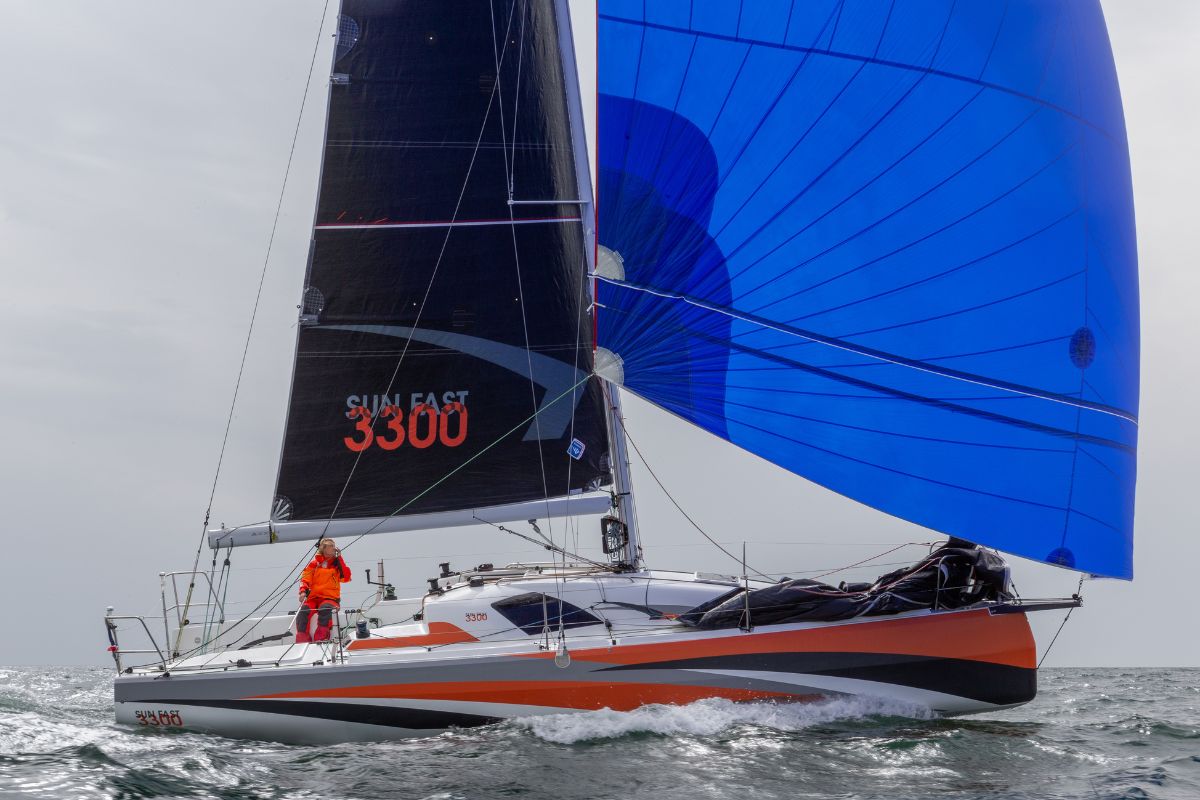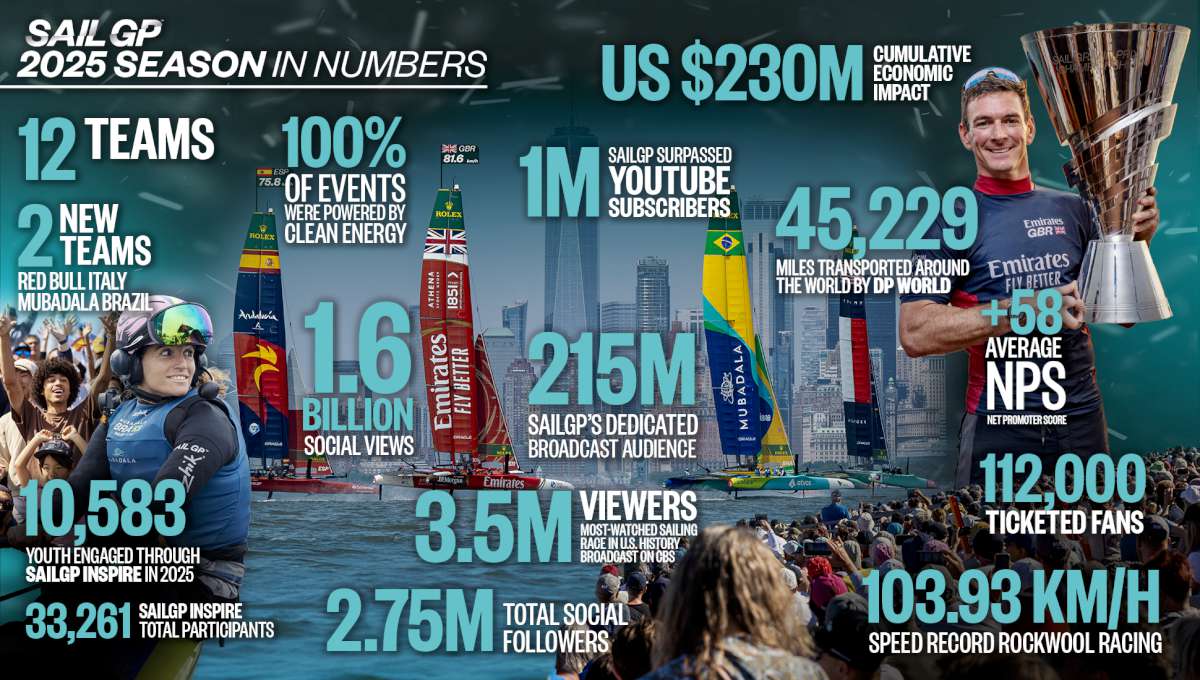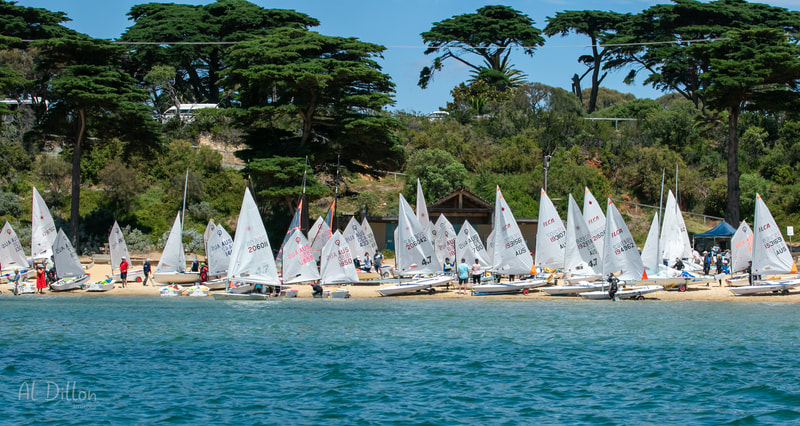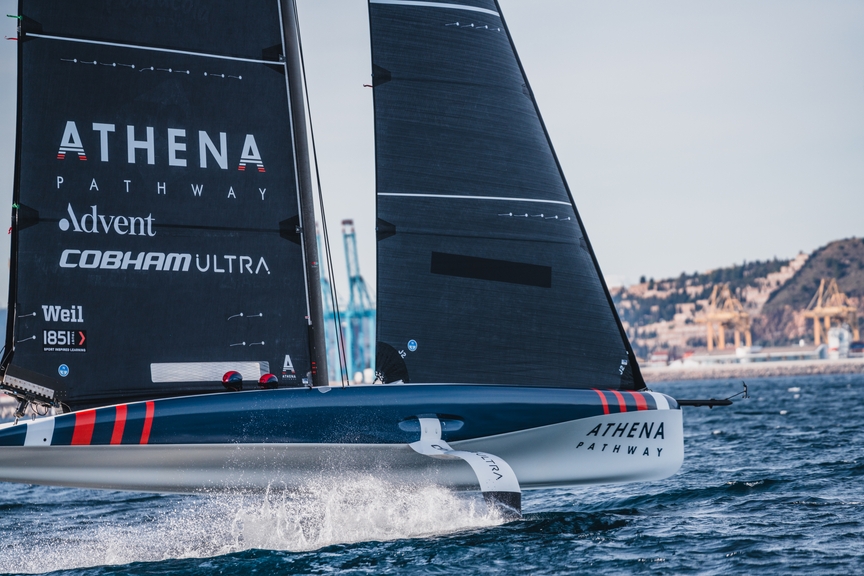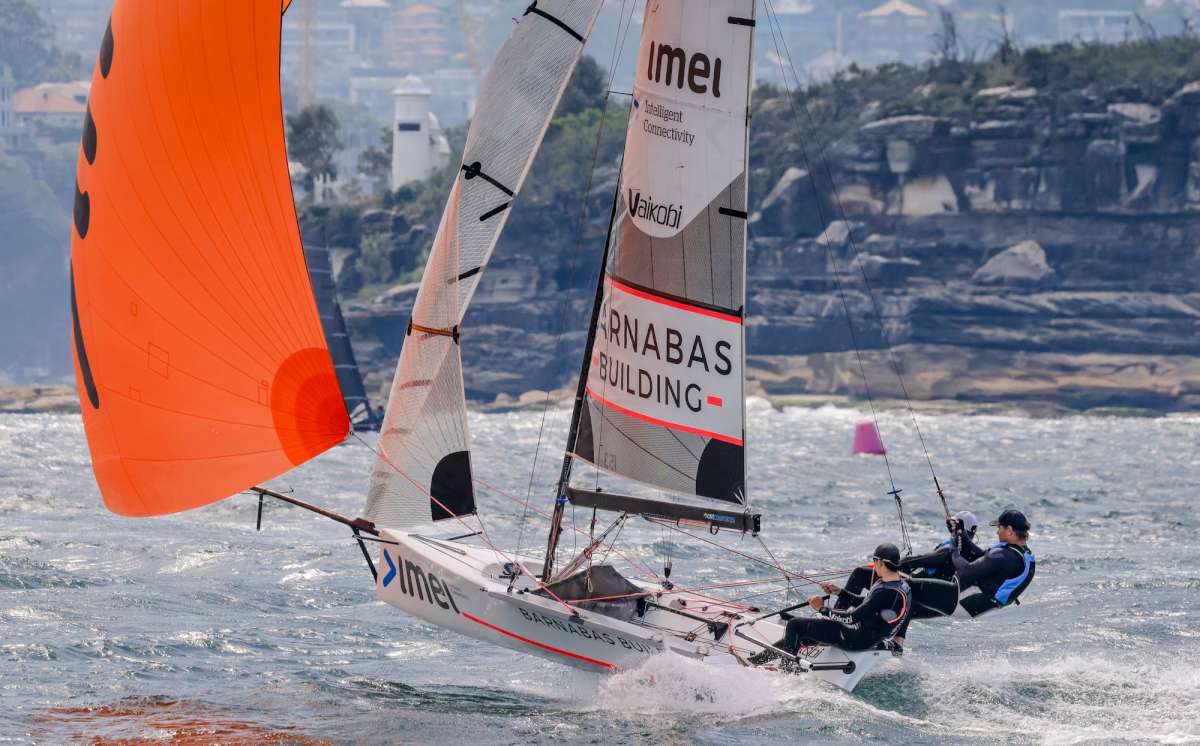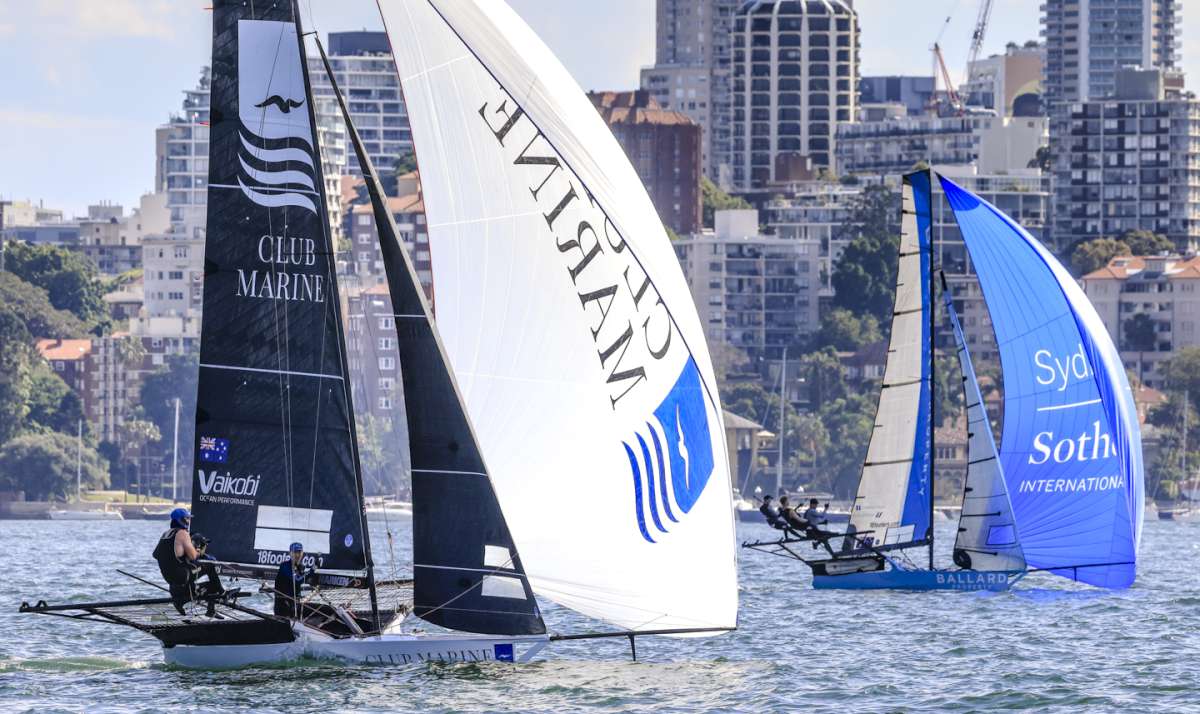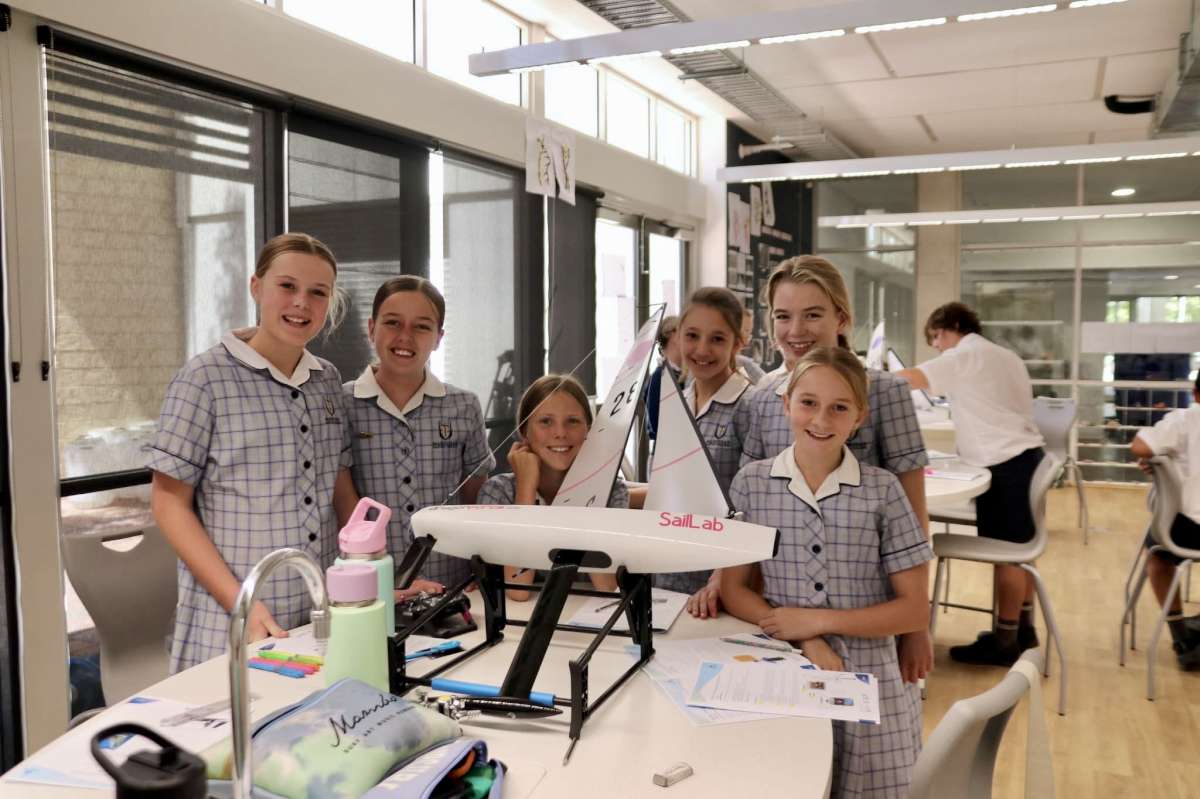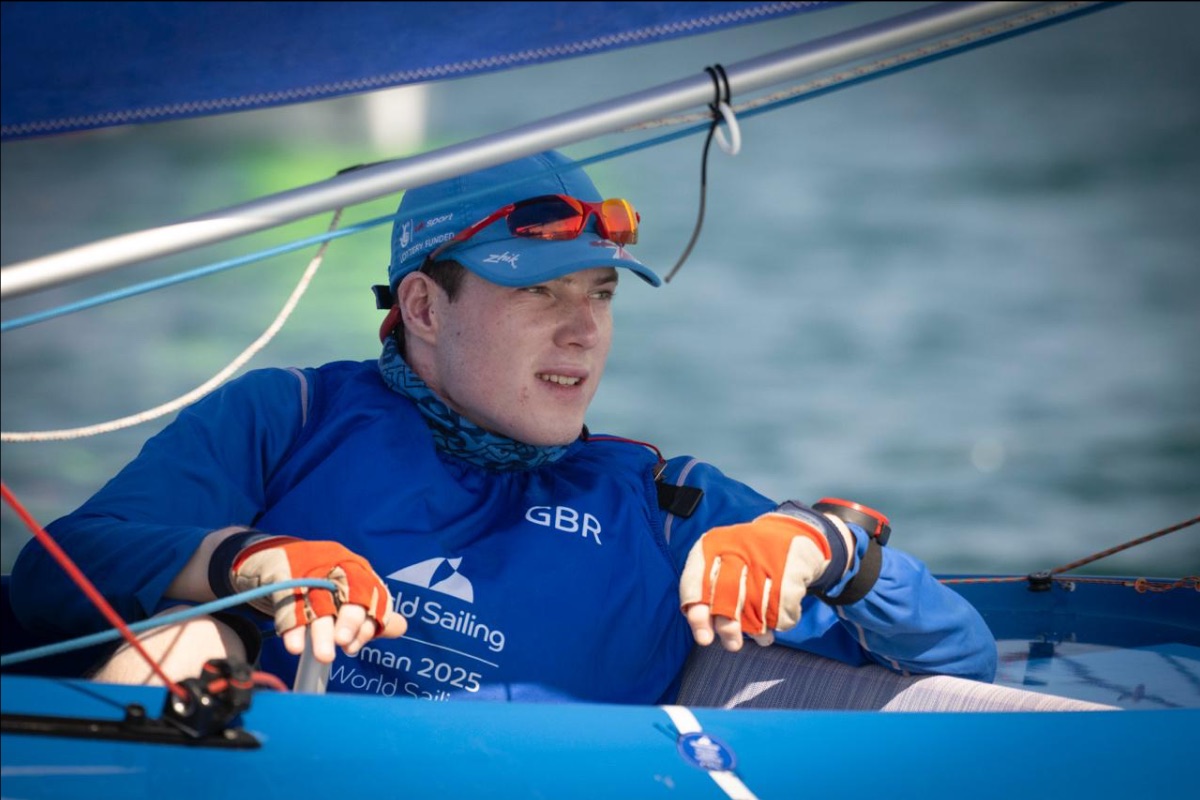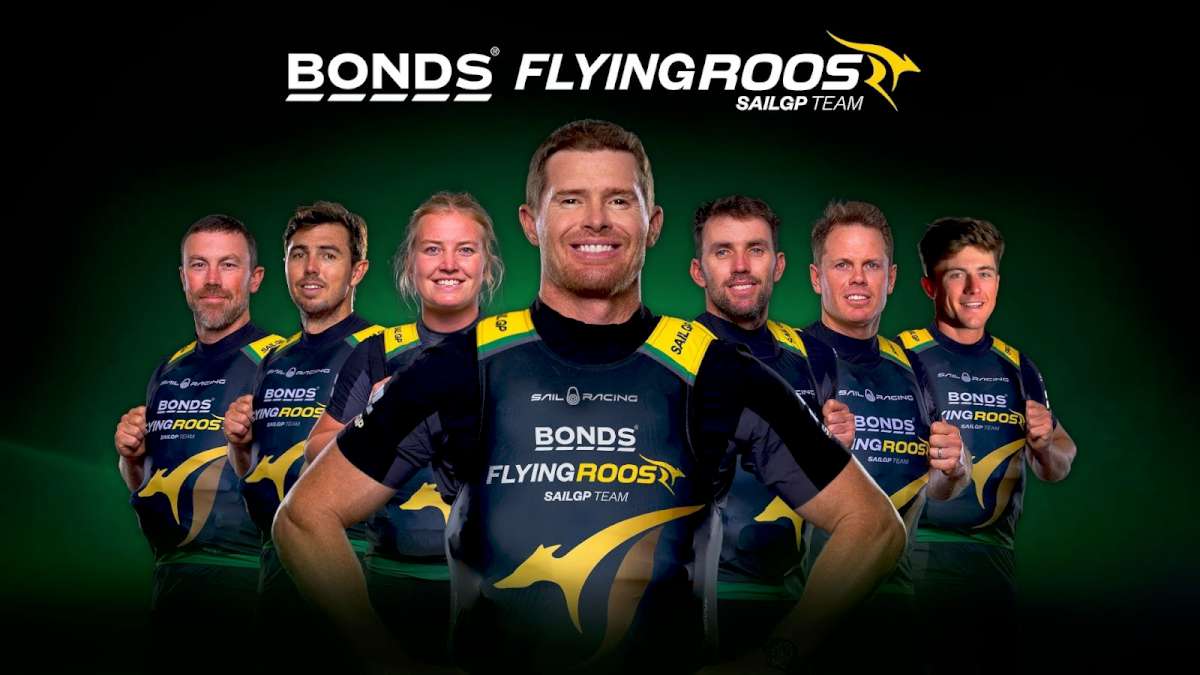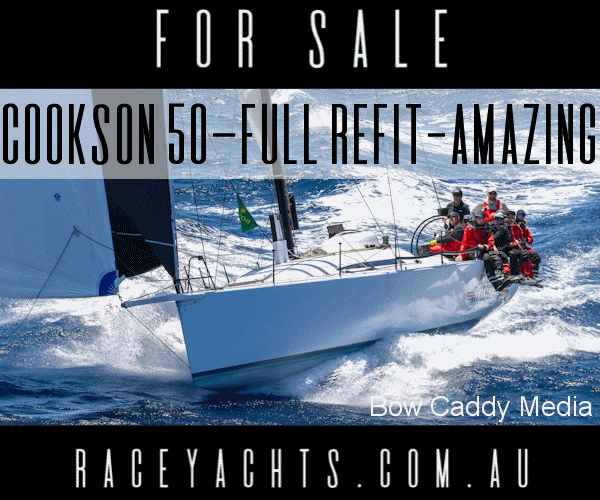Despite a forecast for rain, on the opening day of the Finn Gold Cup being held at Copenhagen's Vallensbæk Sailing Club, the sun and breeze held long enough to provide tricky racing for the 89 competitors as spectators watched the Olympic heavyweight singlehanders fight it out for their 2009 World Championship title.
With two races sailed today leaving Poland's Rafal Szukiel on top, one point ahead of Skandia Team GBR's Andrew Mills and with several top names buried in the depths of the fleet, the Finn Gold Cup continues tomorrow and on with two races a day until Saturday when the Medal Race will take place for the top 10.
Among those out on the water viewing racing today was International Sailing Federation President Göran Pedersson, who had made the hike over the impressive Oresund bridge, joining his native Sweden with Denmark, to visit the Finn Gold Cup.
Pedersson says he tries to get to Olympic class world championships whenever his busy schedule allows. He has previously attended Finn Gold Cups, the last being in Cascais, Portugal in 2007.
Addressing the class as they supped on free Danish lager and freshly prepared sandwiches at today's prizegiving, Pedersson said: “I see the competition list and the spread of nations – and the finishing order of the two races, with different winners in each race: That is the strength of the class. I really like that and I wish you a very successful week here in this lovely environment.”
With Denmark holding their ‘Year of Sport' so additional funding for numerous events across numerous sports, including sailing's Finn Gold Cup, has been forthcoming from the Danish government. In the case of the Finn Gold Cup, this has enabled the laying on of a professional media set-up along with each competing boat being fitted with a tracking device. Petersson says that the Finn Gold Cup here in Denmark is an excellent example to other race organisers.
“If you look at it – what are we looking for? We are looking for good racing conditions with a very good course almost right outside the harbour, a very good organisation with enthusiastic volunteers and with knowledge and experience. They have that here. On top of that they have good co-operation with the federation, the community and the local sponsors. So that is a really good combination. Co-operation with the community is important. Never forget the volunteers. We should all be grateful to them.”
Modern technology such as the Finn Gold Cup's TracTrac tracking, provided by the Danish Sailing Association, with support from insurance company CODAN (part of Sun Alliance Group), is also a vital ingredient for a modern regatta, in Peterssen's opinion.
“To know where these boats are and how they relate is very important, but if you want to have the public more than the enthusiasts, on top of that you need to have someone explain what is going on and to show pictures. It is very important that you present the sport correctly and properly, which is difficult and requires a lot of work.”
He adds that to help make sailing and classes popular, they need heroes and when it comes specifically to the Finn there are few bigger heroes than Denmark's own Paul Elvstrøm, the most capped ever Olympic sailor, who won four consecutive Gold medals, one of only three people across all sports ever to have achieved this. In sailing his record only recently has been threatened by Britain's Ben Ainslie, who now holds a silver medal and three consecutive Golds, including two Finn Golds, to Elvstrøm's three in the Finn between 1952 and 1960.
What the Danish Sailing Association is gunning hardest for is the right to host the ISAF Sailing World Championships in their country in 2015, as Cascais did in 2007 and Perth, Western Australia will in 2011. Held every year before the Games, this is a combined World Championship event for all the Olympic classes. As at this nations are not limited to one sailor per class as they are at the Games, the event is substantially bigger than the sailing side of the Olympiad. For example in Cascais there were 1,350 sailors and 900 boats competing from 76 nations.
Petersson says he doesn't know who Denmark are up against in this particular fight, but “they are trying hard and they have a very good record which is important.”
So on what criteria is ISAF's decision based when it comes to holding their Sailing World Championships in 2015? “First of all it is the sailing conditions. That is always the prime thing, to give the sailors the best sailing conditions. Then we look at the risk – what is the risk this won't work? What is the chance they will do what they say and how solid is it? How well prepared is their application? We look at a lot of things. So it has to be very thoroughly prepared with lots of co-operations and support from the community, clubs, etc. The experience that the Danish sailing clubs and federation have right now, I think they have a very good opportunity.”
Pederssen will be returning to Denmark in September for the International Olympic Committee where he sits on the Evaluation Commission for the 2016 Games.
– Sailing Intelligence.
Live tracking of the Finn Gold Cup can be viewed here: http://www.tractrac.com/fgc
Event blog: http://finnclass.blogspot.com
Event website: www.fgc-2009.com
Class website: www.finnclass.org

